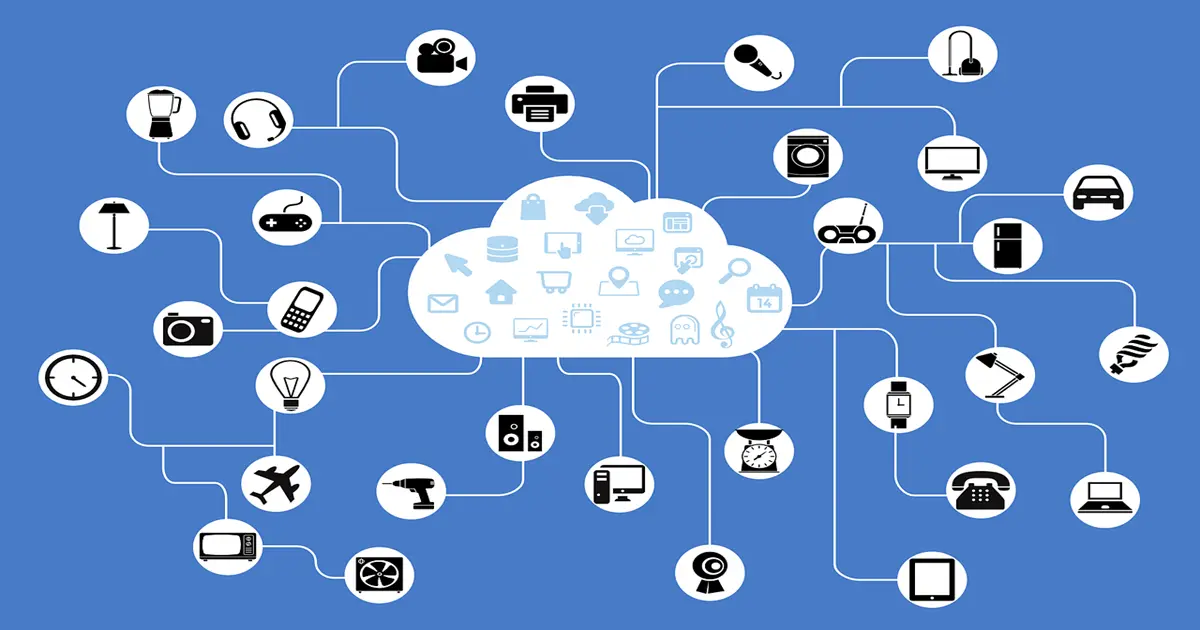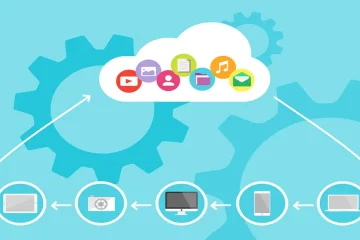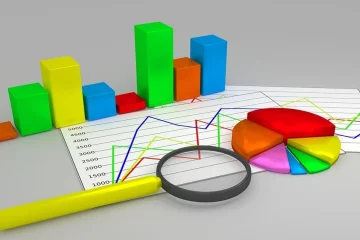The Internet of Things (IoT) is revolutionizing our world by connecting everyday objects to the internet, enabling them to send and receive data. This network of interconnected devices has far-reaching implications, significantly impacting how we live and work. From smart homes and cities to healthcare and industrial automation, IoT is driving innovation and enhancing our daily lives. In this blog post, we’ll explore the impact of IoT on everyday life and how it is transforming various aspects of our world.
Smart Homes
Convenience and Automation
IoT has brought unparalleled convenience and automation to our homes. Smart home devices, such as smart thermostats, lighting systems, and security cameras, can be controlled remotely via smartphones or voice assistants like Amazon Alexa and Google Assistant. These devices learn our preferences and routines, automating tasks such as adjusting the thermostat, turning off lights, or locking doors, making our lives more comfortable and efficient.
Energy Efficiency
IoT enables smart homes to be more energy-efficient by optimizing energy consumption. Smart thermostats adjust heating and cooling based on occupancy and weather conditions, while smart lighting systems turn off lights when rooms are unoccupied. These technologies reduce energy waste, lower utility bills, and contribute to a more sustainable lifestyle.
Home Security
Home security has been significantly enhanced by IoT. Smart security systems, including cameras, motion sensors, and doorbell cameras, provide real-time monitoring and alerts. Homeowners can remotely monitor their property, receive notifications of suspicious activities, and even communicate with visitors through their smartphones, enhancing safety and peace of mind.
Healthcare
Remote Monitoring and Telemedicine
IoT is transforming healthcare by enabling remote patient monitoring and telemedicine. Wearable devices and health sensors can track vital signs, such as heart rate, blood pressure, and glucose levels, and transmit this data to healthcare providers in real time. This allows for continuous monitoring of patients, early detection of health issues, and timely interventions, improving patient outcomes and reducing the need for frequent hospital visits.
Personalized Healthcare
IoT facilitates personalized healthcare by collecting and analyzing data from various sources, such as wearable devices, electronic health records, and lifestyle information. This data-driven approach enables healthcare providers to tailor treatments and interventions to individual patients, improving the effectiveness of care and enhancing the patient experience.
Transportation
Connected Vehicles
IoT is driving the development of connected vehicles, which communicate with each other and with traffic infrastructure to improve road safety and efficiency. Connected vehicles can share information about traffic conditions, accidents, and road hazards, enabling drivers to make informed decisions and avoid potential dangers. This technology also supports the development of autonomous vehicles, which rely on IoT for real-time data processing and decision-making.
Smart Traffic Management
IoT enables smart traffic management systems that monitor and analyze traffic patterns in real time. These systems can adjust traffic signals, manage congestion, and provide real-time information to drivers about the best routes to take. This reduces traffic congestion, minimizes travel time, and lowers emissions, contributing to a more efficient and sustainable transportation system.
Industrial Automation
Predictive Maintenance
IoT is revolutionizing industrial automation by enabling predictive maintenance. Sensors and connected devices can monitor the condition of machinery and equipment, collecting data on factors such as temperature, vibration, and performance. This data is analyzed to predict when maintenance is needed, allowing for proactive repairs and reducing downtime. Predictive maintenance improves efficiency, extends the lifespan of equipment, and reduces maintenance costs.
Supply Chain Optimization
IoT enhances supply chain management by providing real-time visibility and tracking of goods and assets. Connected sensors and devices can monitor the location, condition, and status of products throughout the supply chain, enabling better inventory management, reducing delays, and improving overall efficiency. This leads to cost savings, better customer service, and increased competitiveness.
Smart Cities
Improved Public Services
IoT is at the heart of smart city initiatives, enhancing public services and improving the quality of life for residents. Smart city technologies include connected streetlights that adjust brightness based on pedestrian activity, waste management systems that optimize garbage collection routes, and smart water meters that monitor usage and detect leaks. These innovations improve resource management, reduce costs, and create a more sustainable urban environment.
Enhanced Public Safety
IoT enhances public safety in smart cities through connected surveillance cameras, sensors, and emergency response systems. These technologies enable real-time monitoring and rapid response to incidents such as accidents, crimes, and natural disasters. IoT also supports smart infrastructure, such as bridges and buildings, that can monitor their structural integrity and provide early warnings of potential issues.
Conclusion
The Internet of Things is profoundly impacting our everyday lives, transforming how we live and work. From the convenience and efficiency of smart homes to the advancements in healthcare, transportation, industrial automation, and smart cities, IoT is driving innovation and enhancing our quality of life. As IoT technology continues to evolve, its potential to create a more connected, efficient, and sustainable world will only grow, bringing even more benefits to individuals, businesses, and society as a whole. Embracing IoT and its capabilities will be crucial in shaping a future that leverages technology to improve our daily lives and address some of the world’s most pressing challenges.





